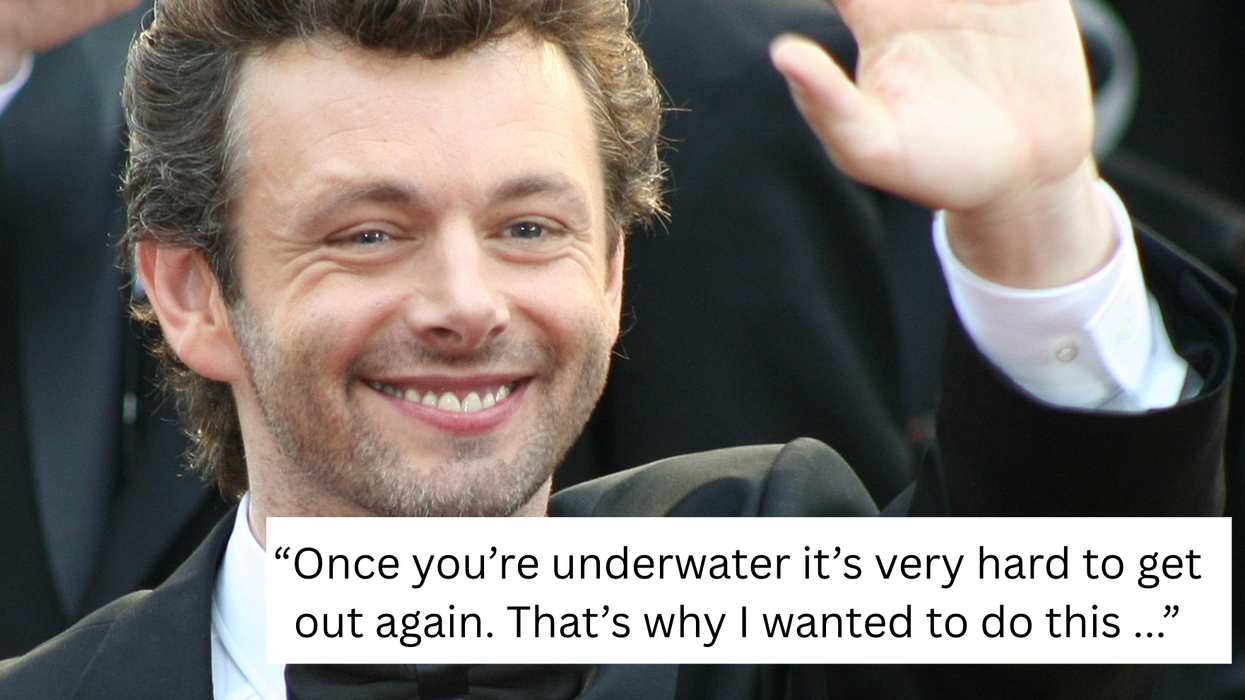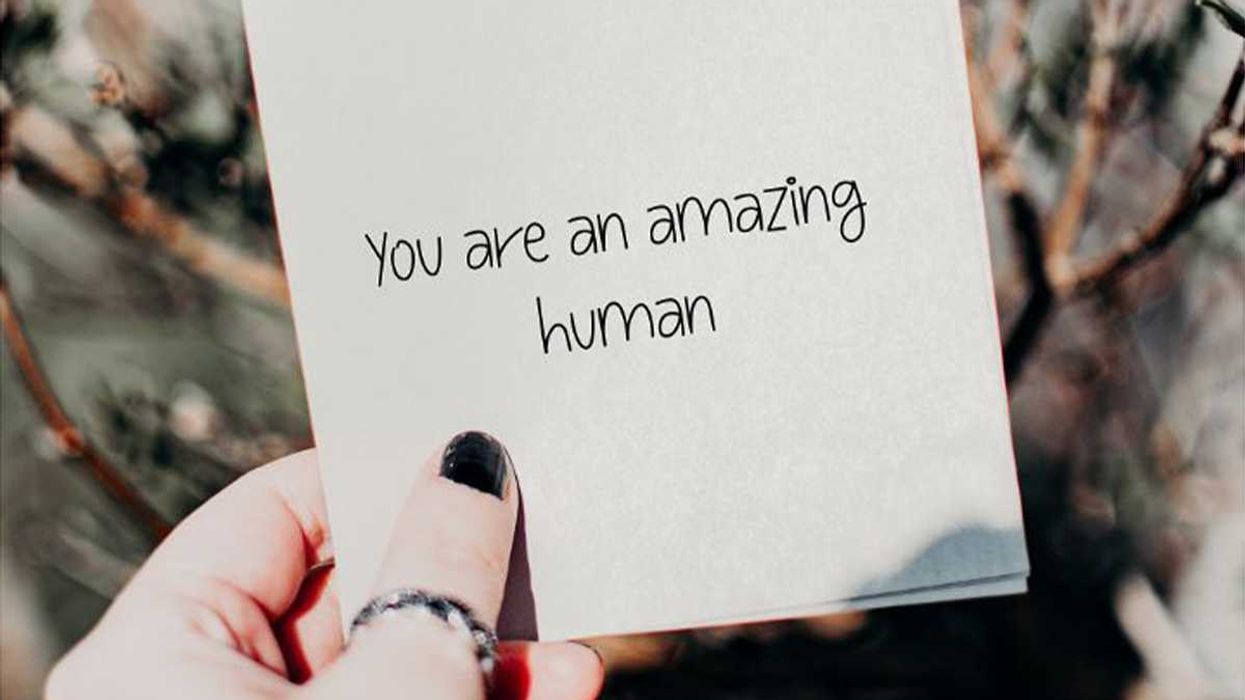Before I became a journalist, I worked as a teacher, and one year I had a third grader who was sometimes reluctant to participate in class. One afternoon, instead of writing down three math problems that were on the board, he was busy rolling a clump of boogers (as children sometimes do) across the top of his desk.
I told him I’d give him a dollar if he could write down the problems in less than 30 seconds. He promptly did it, and I handed over the dollar. Do you think he wrote down the next few math problems on his own?
“Give me another dollar,” he told me. I refused. He went back to rolling the boogers.
But perhaps an administrator in the nation’s capitol will have better luck bribing students than I did. Diana Smith, the principal at Washington Latin Public Charter School in Washington, D.C., is offering her eighth- and ninth-graders $100 each if they can do one thing that most adults would struggle to do: Avoid all electronic devices for an entire day once a week.
[quote position="left" is_quote="true"]I challenge them to stay off of any screens—so television, games, phones, tablets, everything."[/quote]
And she does mean “all” electronic devices. “I challenge them to stay off of any screens—so television, games, phones, tablets, everything—for the 11 Tuesdays that we have of summer break,” Smith told WTOP on Monday.
Smith said she came up with her Benjamins-for-ditching-devices plan because she was concerned about the amount of time students spend staring at screens. “Kids have these phones under their pillows at night—they’re going to bed, they’re texting each other at 3:00, 4:00 in the morning,” said Smith.
[quote position="left" is_quote="true"]Seventy-eight percent of teens check their phones at least once an hour.[/quote]
A survey released last year by Common Sense Media found that 78 percent of teens check their phones at least once an hour, and half of teens surveyed said they think they’re addicted to their devices. It’s not just teenagers who are hooked: In one well-known study, college students who were asked to avoid all electronic devices for 24 hours expressed symptoms akin to drug withdrawal. “I was itching like a crackhead,” said one of participant.
What Smith is also concerned about is that during the summer when school is out, a kid could potentially spend the majority of their day texting friends, posting to Instagram, maintaining their Snapchat streak, binge-watching a show on a streaming service, and then getting in a little video game action. All that screen time leaves little room for reading, spending time engaged in physical activity, or socializing with friends and family members. Hello, summer learning slide!
Given that, it’s understandable that Smith would want to bribe her students to avoid devices for at least some of the time. The principal said she thinks only about 50 out of 160 eligible students will be able to complete her challenge. In order to get the cash, the kids will also need to have two adults vouch in writing for their efforts. But in the future, will they give up electronic devices on their own?
As Edward Deci, a human motivation expert and professor of psychology at the University of Rochester, told The New York Times in 2013, bribery doesn’t really work in the long run because you’re trying to get kids to modify their behavior “more or less ongoingly for the rest of their lives.” As Deci put it—and as I found with my booger-rolling, dollar-demanding student years ago, if you’re not going to offer a reward every time, bribes can backfire big time. Still, if each of Smith’s students manages to abstain from screens once a week for the rest of the summer, she could be out $16,000.
















 Gif of Bryan CRanston being angry via
Gif of Bryan CRanston being angry via 


 Hungry and ready.Photo credit
Hungry and ready.Photo credit  The mac and cheese staple presentation.Photo credit
The mac and cheese staple presentation.Photo credit  Pizza ready from the oven.Photo credit
Pizza ready from the oven.Photo credit  Friends hover around the barbeque.Photo credit
Friends hover around the barbeque.Photo credit  Seafood platter on the beach.Photo credit
Seafood platter on the beach.Photo credit  Scarecrow watches over a vegetable garden.Photo credit
Scarecrow watches over a vegetable garden.Photo credit 


 Happiness next exit.Photo credit:
Happiness next exit.Photo credit:  Butterflies in a flower patch.Photo credit:
Butterflies in a flower patch.Photo credit:  Happy running doggie.Photo credit:
Happy running doggie.Photo credit:  Positive confirmation.Photo credit:
Positive confirmation.Photo credit:
Will your current friends still be with you after seven years?
Professor shares how many years a friendship must last before it'll become lifelong
Think of your best friend. How long have you known them? Growing up, children make friends and say they’ll be best friends forever. That’s where “BFF” came from, for crying out loud. But is the concept of the lifelong friend real? If so, how many years of friendship will have to bloom before a friendship goes the distance? Well, a Dutch study may have the answer to that last question.
Sociologist Gerald Mollenhorst and his team in the Netherlands did extensive research on friendships and made some interesting findings in his surveys and studies. Mollenhorst found that over half of your friendships will “shed” within seven years. However, the relationships that go past the seven-year mark tend to last. This led to the prevailing theory that most friendships lasting more than seven years would endure throughout a person’s lifetime.
In Mollenhorst’s findings, lifelong friendships seem to come down to one thing: reciprocal effort. The primary reason so many friendships form and fade within seven-year cycles has much to do with a person’s ages and life stages. A lot of people lose touch with elementary and high school friends because so many leave home to attend college. Work friends change when someone gets promoted or finds a better job in a different state. Some friends get married and have children, reducing one-on-one time together, and thus a friendship fades. It’s easy to lose friends, but naturally harder to keep them when you’re no longer in proximity.
Some people on Reddit even wonder if lifelong friendships are actually real or just a romanticized thought nowadays. However, older commenters showed that lifelong friendship is still possible:
“I met my friend on the first day of kindergarten. Maybe not the very first day, but within the first week. We were texting each other stupid memes just yesterday. This year we’ll both celebrate our 58th birthdays.”
“My oldest friend and I met when she was just 5 and I was 9. Next-door neighbors. We're now both over 60 and still talk weekly and visit at least twice a year.”
“I’m 55. I’ve just spent a weekend with friends I met 24 and 32 years ago respectively. I’m also still in touch with my penpal in the States. I was 15 when we started writing to each other.”
“My friends (3 of them) go back to my college days in my 20’s that I still talk to a minimum of once a week. I'm in my early 60s now.”
“We ebb and flow. Sometimes many years will pass as we go through different things and phases. Nobody gets buttsore if we aren’t in touch all the time. In our 50s we don’t try and argue or be petty like we did before. But I love them. I don’t need a weekly lunch to know that. I could make a call right now if I needed something. Same with them.”
Maintaining a friendship for life is never guaranteed, but there are ways, psychotherapists say, that can make a friendship last. It’s not easy, but for a friendship to last, both participants need to make room for patience and place greater weight on their similarities than on the differences that may develop over time. Along with that, it’s helpful to be tolerant of large distances and gaps of time between visits, too. It’s not easy, and it requires both people involved to be equally invested to keep the friendship alive and from becoming stagnant.
As tough as it sounds, it is still possible. You may be a fortunate person who can name several friends you’ve kept for over seven years or over seventy years. But if you’re not, every new friendship you make has the same chance and potential of being lifelong.